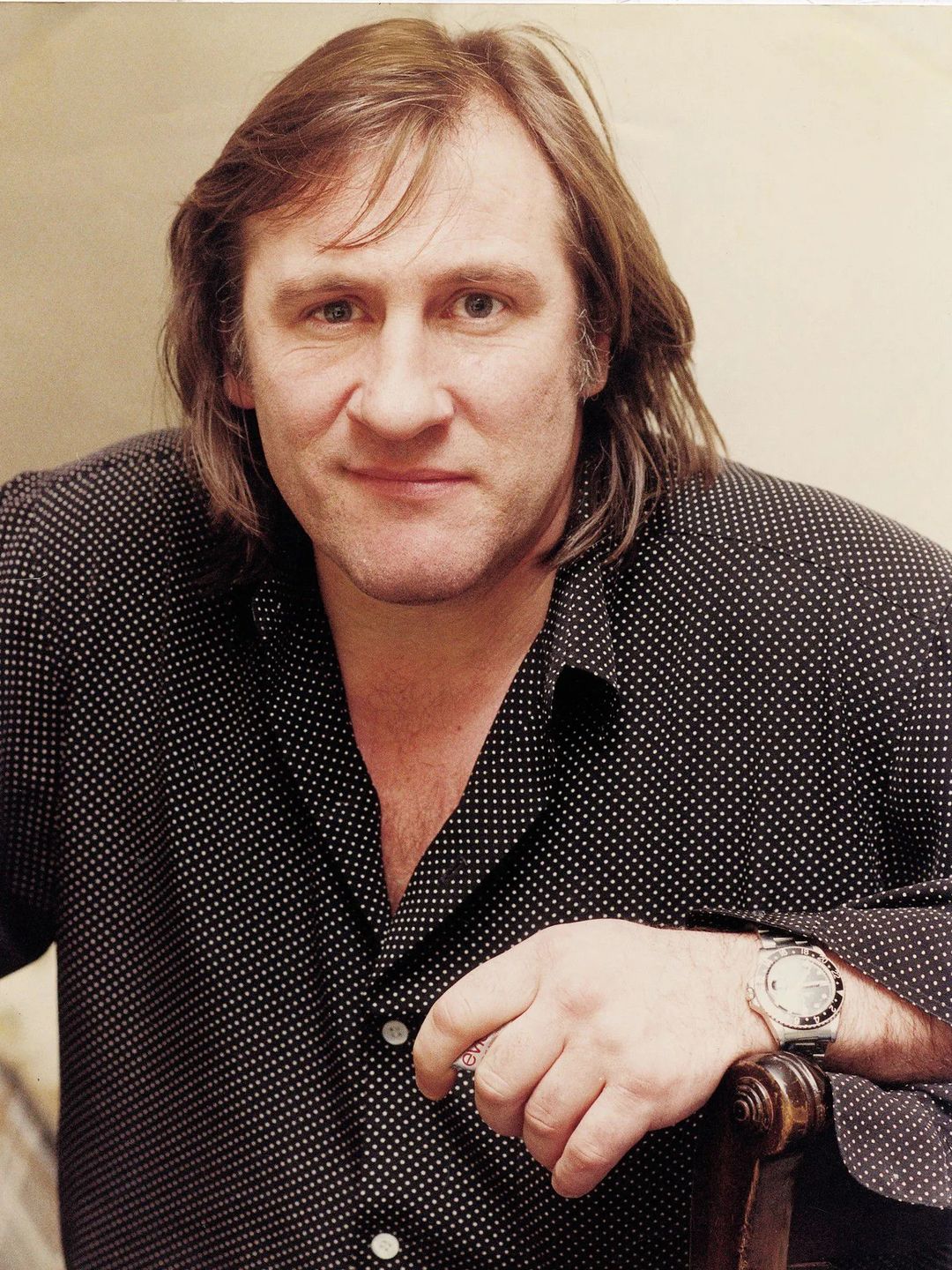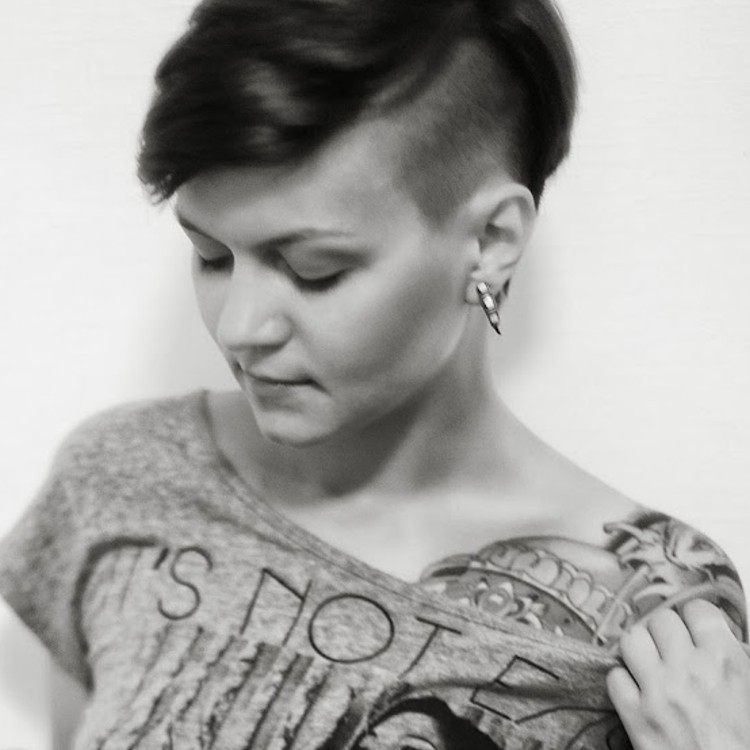Biography of Gérard Depardieu
Gérard Depardieu is a French film star. How did a barely literate country boy—a stuttering kid with a wild look—become the face of French cinema, racking up countless awards and honors, even earning a Knight of the Legion of Honor? As a kid, he dreamed of becoming a butcher, but fate threw him a lifeline, and Depardieu found the happy childhood he'd never had. He didn't just overcome his speech problems—he went on to play over two hundred unforgettable roles on stage and screen.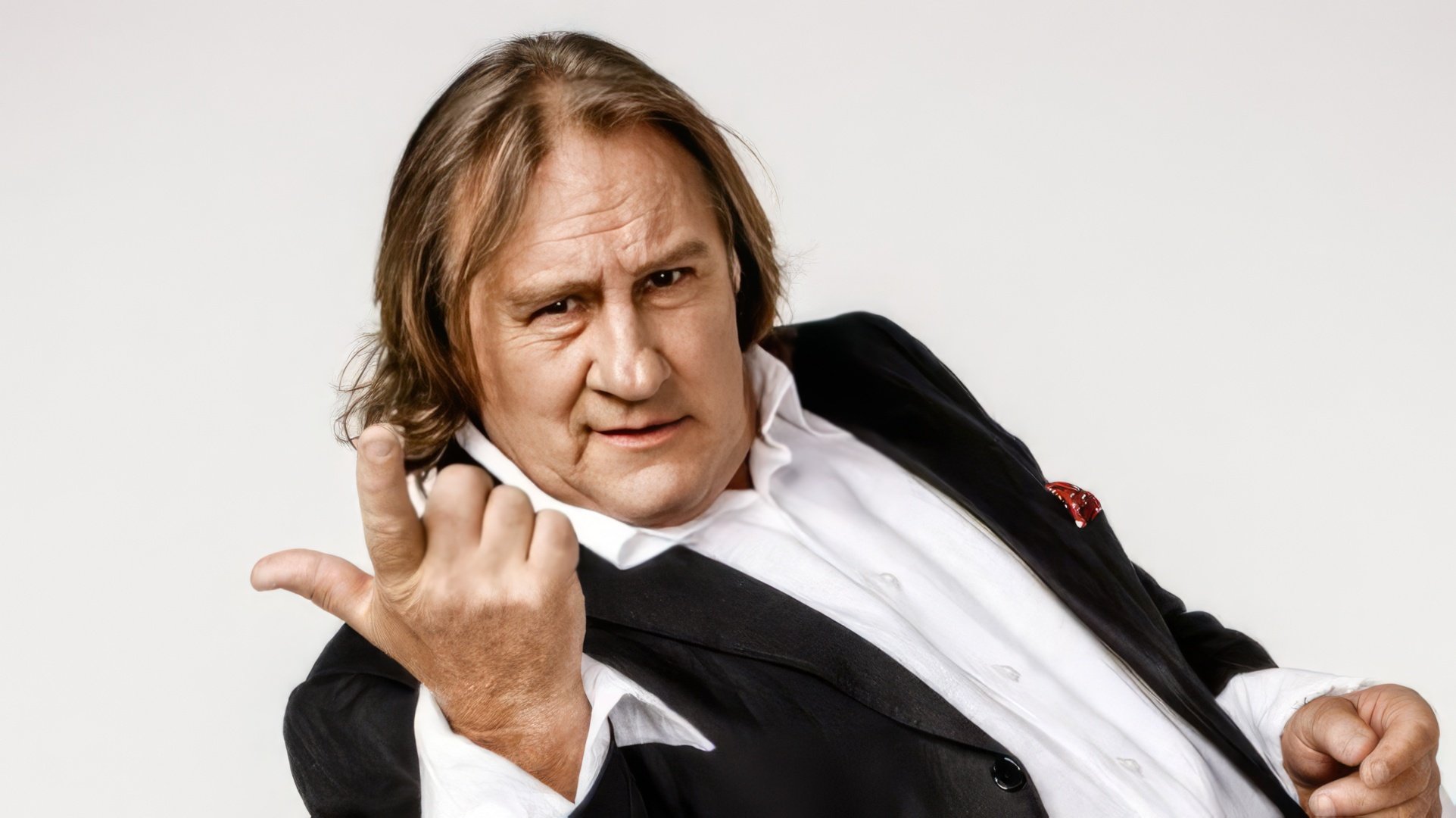
Childhood and Family
Gérard Xavier Marcel was born in the winter of 1948 to René Maxime Lionel Depardieu and Alice Jeanne Josépha Mariller. His parents met when Dédé (his father's nickname) left village life for Châteauroux, where he picked up roofing and started fixing up city buildings.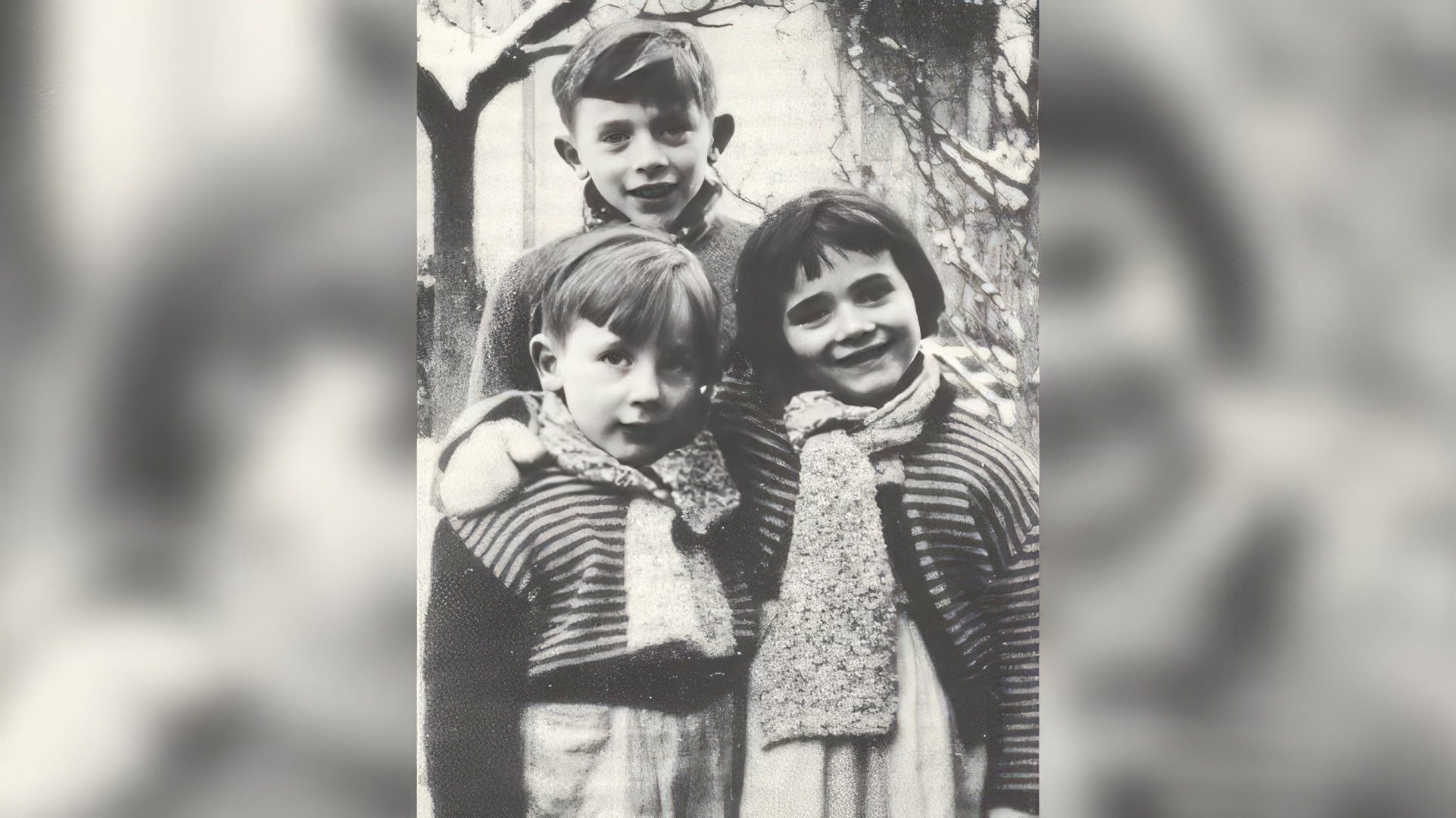
In 1944, Châteauroux was under German occupation, but that didn't stop Dédé and Lillette from going to the town hall and getting married. A year later, they had their first child, Alain, and in 1947 a girl named Hélène was born. René's wages weren't cutting it. The family scraped by in near-poverty, surviving on social benefits. When Lillette discovered she was pregnant again, she desperately tried to end the pregnancy with a knitting needle—unsuccessfully. Gérard later confessed that he'd sometimes wake up in the middle of the night and touch his head, checking for scars.
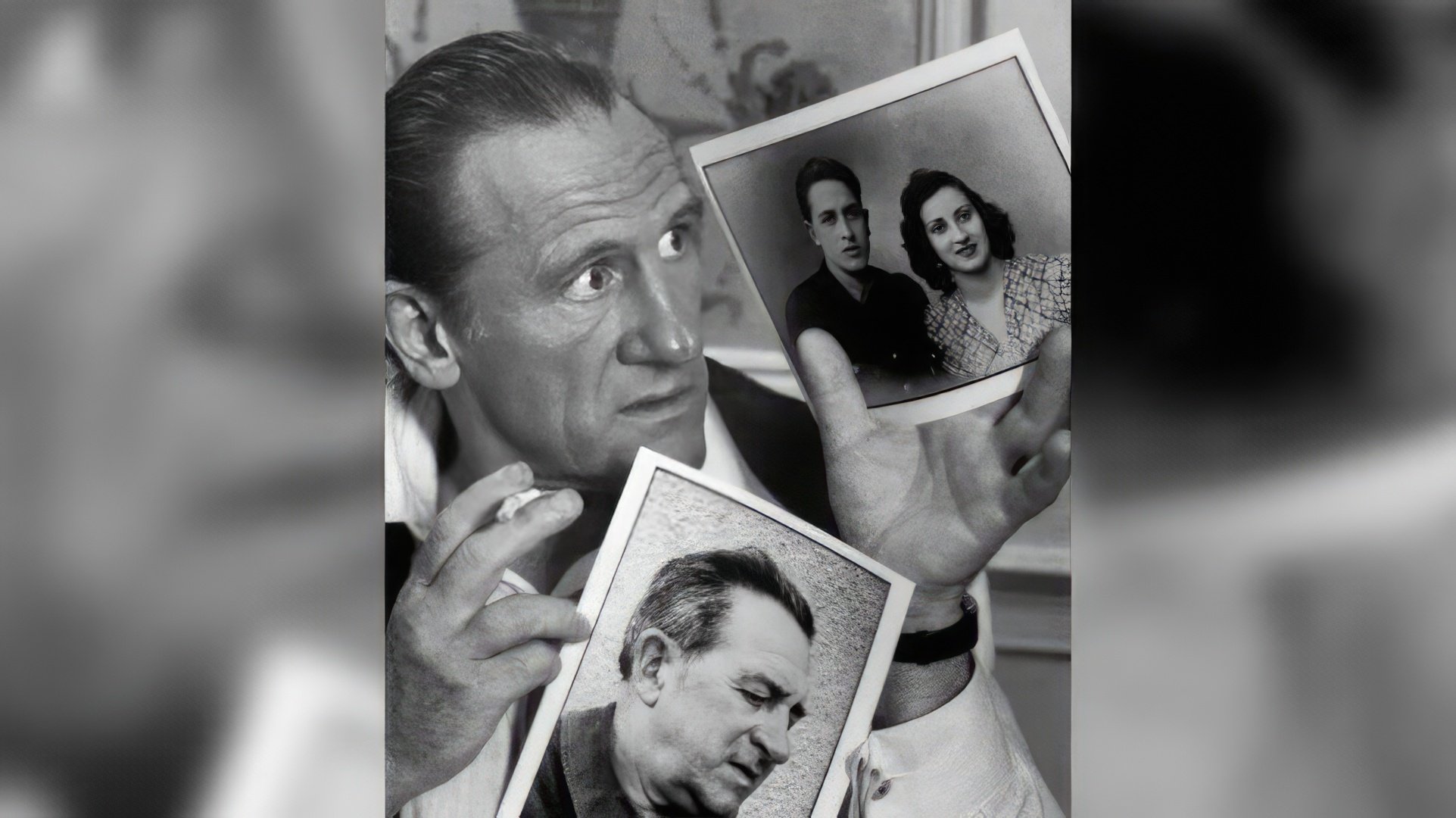
The parents' already cold treatment of their children turned downright indifferent. The toxic atmosphere at home crushed Gérard, making him stutter even during the simplest conversations. Feeling broken, the boy chose to communicate through gestures and grunts instead. As he got older, he hung out mostly with other kids at the NATO airbase outside town. Much later, in one of his books, Depardieu wrote:
You must understand that a childhood spent in Châteauroux is not a fabrication meant to add dramatic meaning to my biography. It was my world, and it remains so: the street, drunks, criminals who, if lucky, returned to the city after serving time. I still belong to the large street family. It's hard to break away; it holds you tightly, and it's the best part of you. I was happy with my gang, with NATO soldiers, with the prostitutes who served them. It was not a world of hardened villains and bandits. But it was another world.
Youth
In 1962, Depardieu completed his basic education and went straight to the city print shop, where he got a job as a printer. In his free time, he boxed. He avoided serious sparring, especially after taking a nasty hit to the nose. His opponent broke Depardieu's nose, and his intimidating new look made him popular among friends and a winner in countless bar brawls. As before, he frequently visited the American base, but now he had a profit motive: he bought cigarettes, whiskey, jeans, and shirts there and sold them in the city for twice the price.Police called this activity "smuggling," so the young man often ended up at the station. For participating in brawls between rival youth gangs, car thefts, and petty crimes, Gerard was frequently hauled away in a van, but since he was still a minor, they'd hand him over to his mother with a warning that her son would end up badly if he kept this up. When he turned 16, even Lillete's pleas couldn't help: for another offense, Depardieu spent three weeks behind bars.
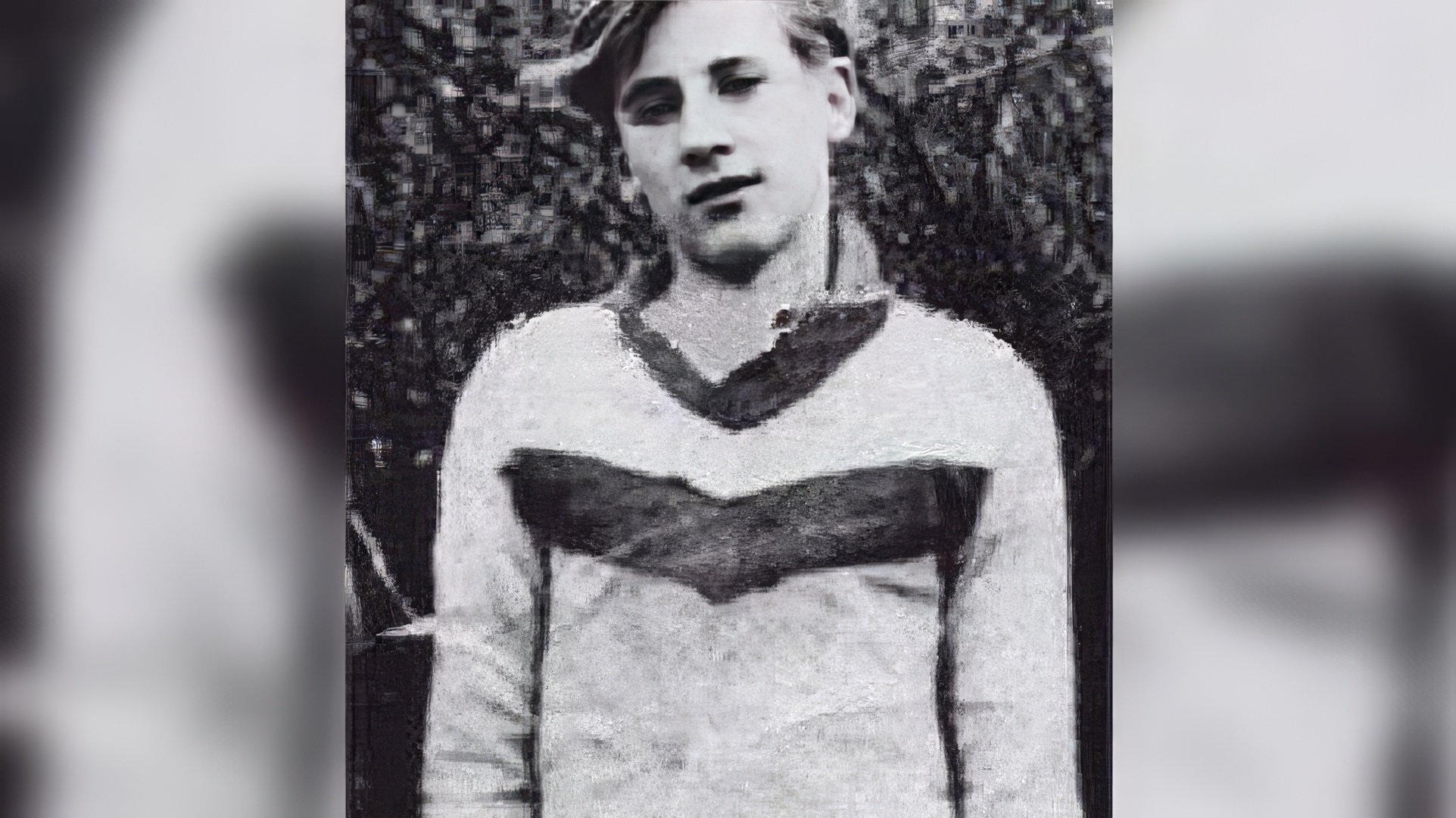
One day at the train station, he met his classmate Michel Pilorge, who suggested going to Paris to enroll in a drama school. Remembering his "roles" with the gendarmerie and on French roads, where he'd pretended to be blind, mute, or acted "like a fool," Gerard suddenly decided: let's go. His older brother Alain was already studying at the Paris Institute of Architecture but couldn't accommodate him. Depardieu took up Michel's invitation, who promised that his student brothers would take them in—they'd manage to fit four people.
In fall 1965, the provincial guys were warmly welcomed at Austerlitz station, and the whole group headed to an apartment on 54 Glacière Street. The next day, the young men went to the Dullin Theater Studio at the National People's Theatre, where children of wealthy parents took paid classes.
Gerard, who was completely broke, immediately caught Professor Lucien Arnaud's attention. But when asked to recite a poem, he simply shrugged. So the professor asked Depardieu to show a scene from life, and this was where the young man excelled. Unlike other applicants, he was uninhibited and free in expressing emotions. As an exception, they let the provincial talent study at the drama school for free.
Gerard knew he lacked education compared to the others. With his unspent youthful zeal, he began reading books, watching movies, and going to theaters. To make a living, he went to the station to unload wagons, and his older brother and a friend from Chateauroux who owned a bar helped him out a bit.
Eventually, fellow countryman Michel Arriyo recommended Depardieu for Jean-Laurent Cochet's acting courses, which demanded strict discipline: regular class attendance, memorizing lengthy texts, and showing up for rehearsals. Gerard managed to study there for free as well, working as an assistant director.
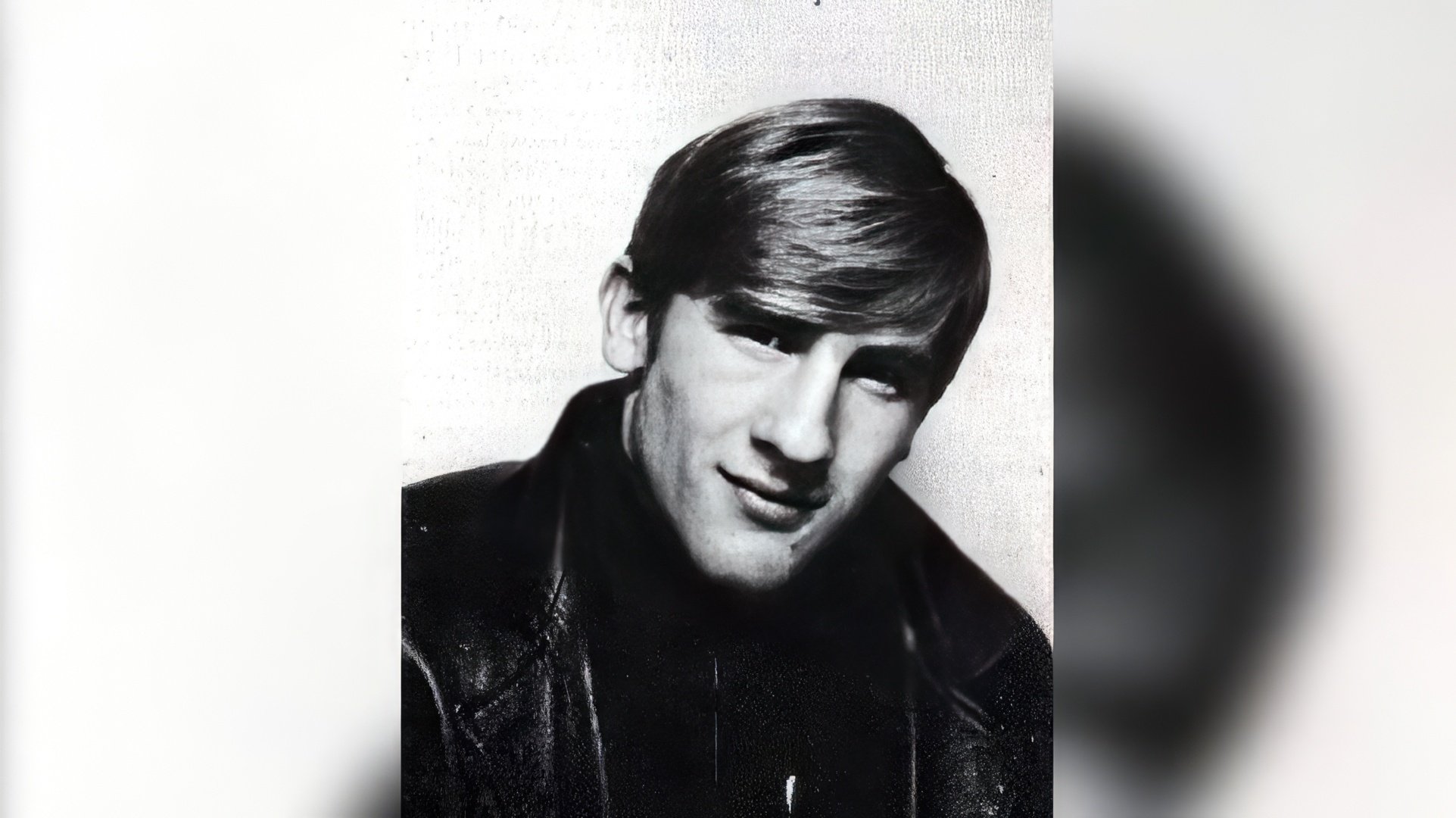
The debut went well, and Depardieu was invited to keep acting. After completing the courses, he began performing at an amateur theater called Café de la Gare. There he had a fateful encounter with director Bertrand Blier, launching Gerard's rise as an actor.
The Beginning: "Going Places"
Blier set out to adapt his own novel "Going Places," but finding the right actors proved to be a major challenge. After auditioning 50-60 people for the various roles, none seemed like the perfect fit for his main characters. Everything changed when he visited Café de la Gare and immediately knew he'd found his Pierrot in Patrick Dewaere.When Depardieu first walked in, the director's initial reaction was that he seemed "too rustic" for Jean-Claude, the second lead. But Gérard wasn't about to take no for an answer. Determined to prove he was perfect for the part, he started showing up at the producers' office in different costumes and actually living like his character: making scenes in restaurants, getting into brawls, and even ending up in court over one incident. The strategy worked – Blier cast Depardieu, Dewaere, and Miou-Miou as his leads.
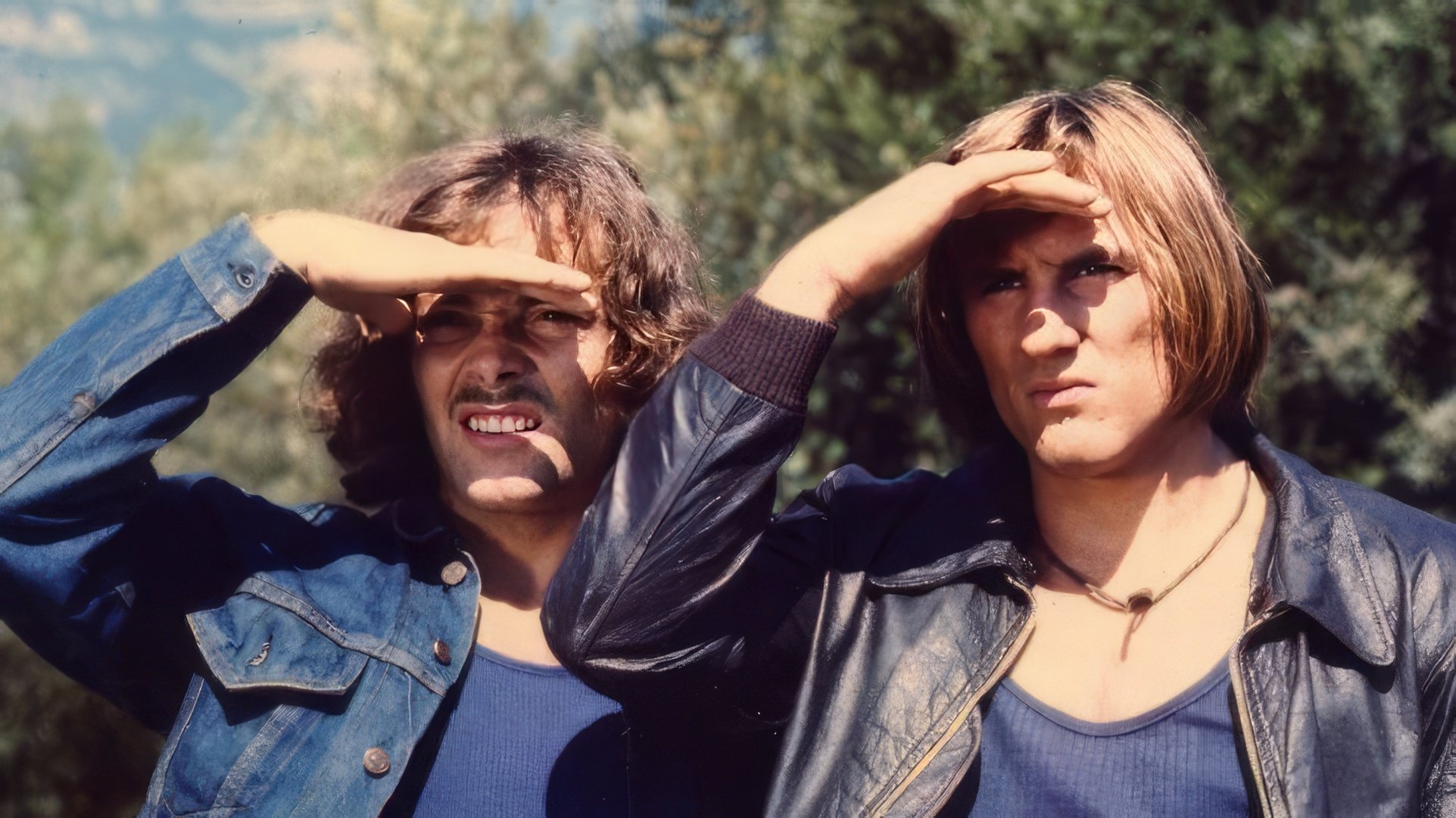
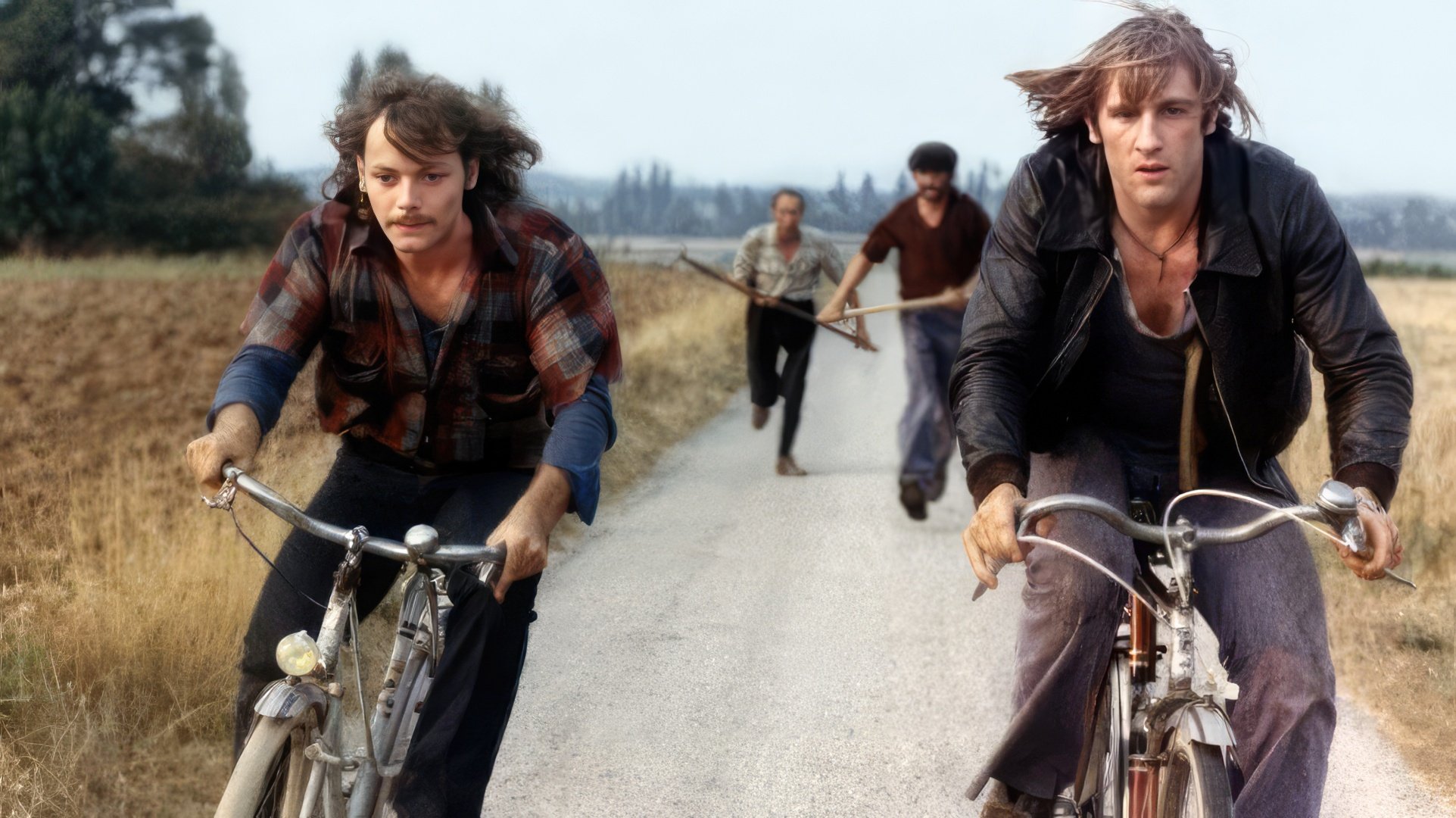
The film created an absolute sensation. Critics called it both the most scandalous film of 1974 and "the most stunning." Depardieu became something of a folk hero to young audiences and suddenly every director wanted to work with him.It's a wonderful role. I threw myself into it completely, playing a guy who refuses to live a boring life. He wants to experience every emotion possible and live life at a hundred miles per hour. But to satisfy that thirst, he has to break laws and shatter social taboos. Car theft, robberies – all these wild acts he commits just to escape the boredom and feel truly alive.
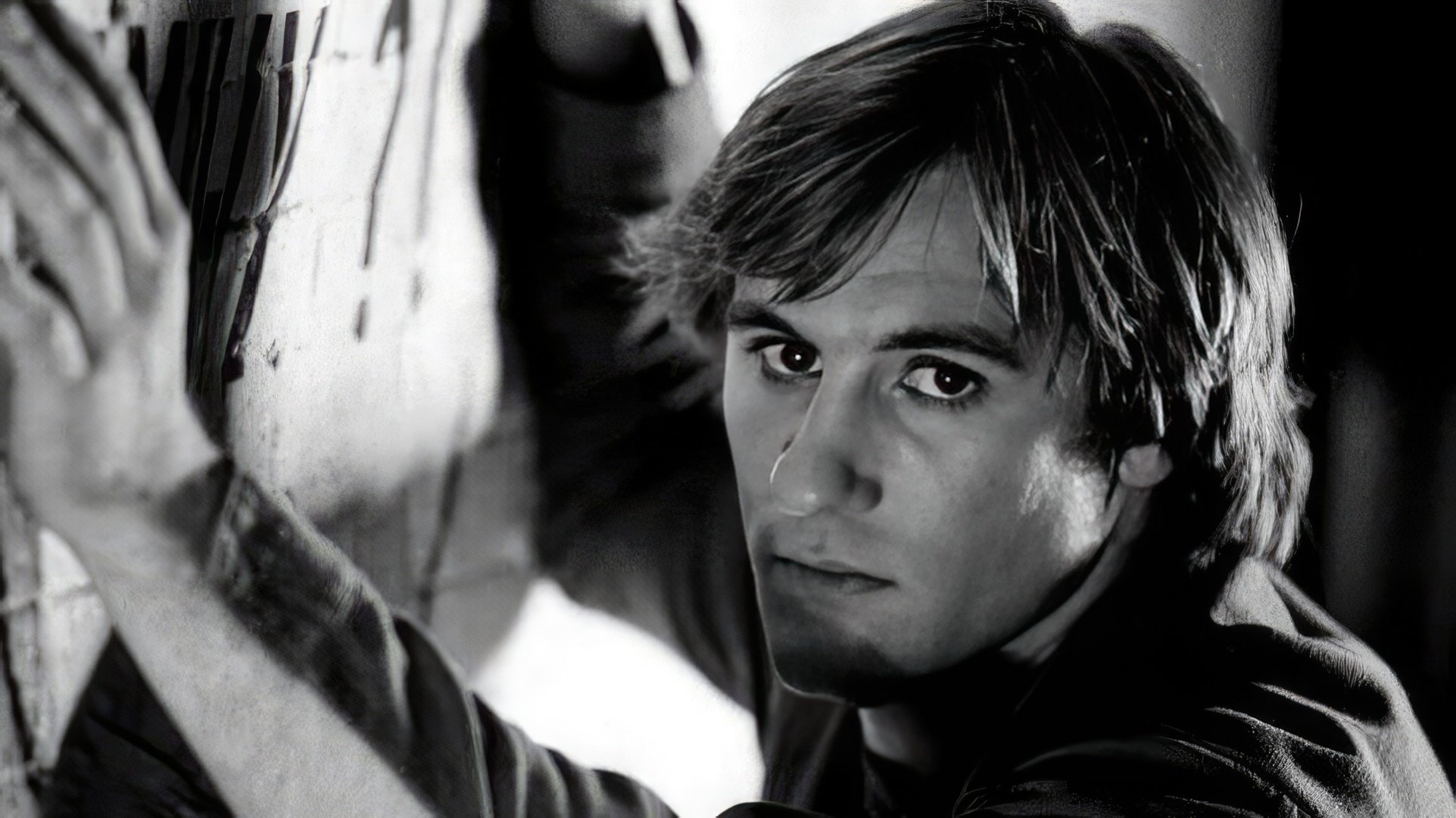
Still, his filmography is filled with brilliant, complex performances that showcase Gérard's remarkable psychological depth and dramatic range.
Career Highlights
Depardieu stands among the rare French actors who broke through first in Italy before conquering Hollywood. For example, Bernardo Bertolucci cast Depardieu as Olmo Dalcò in the five-hour epic drama "1900" (1976). His co-stars included Robert De Niro, Burt Lancaster, and Donald Sutherland.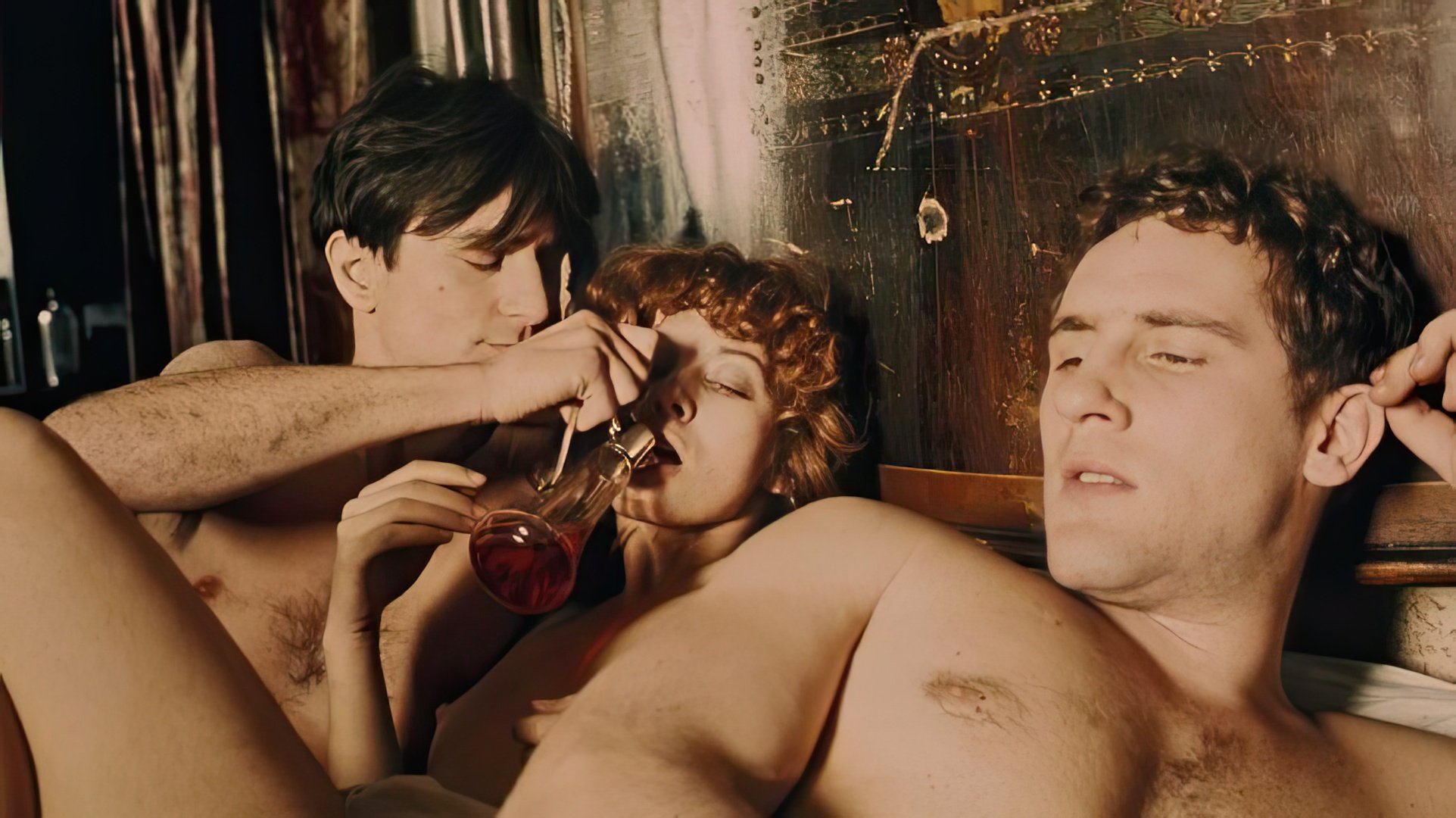
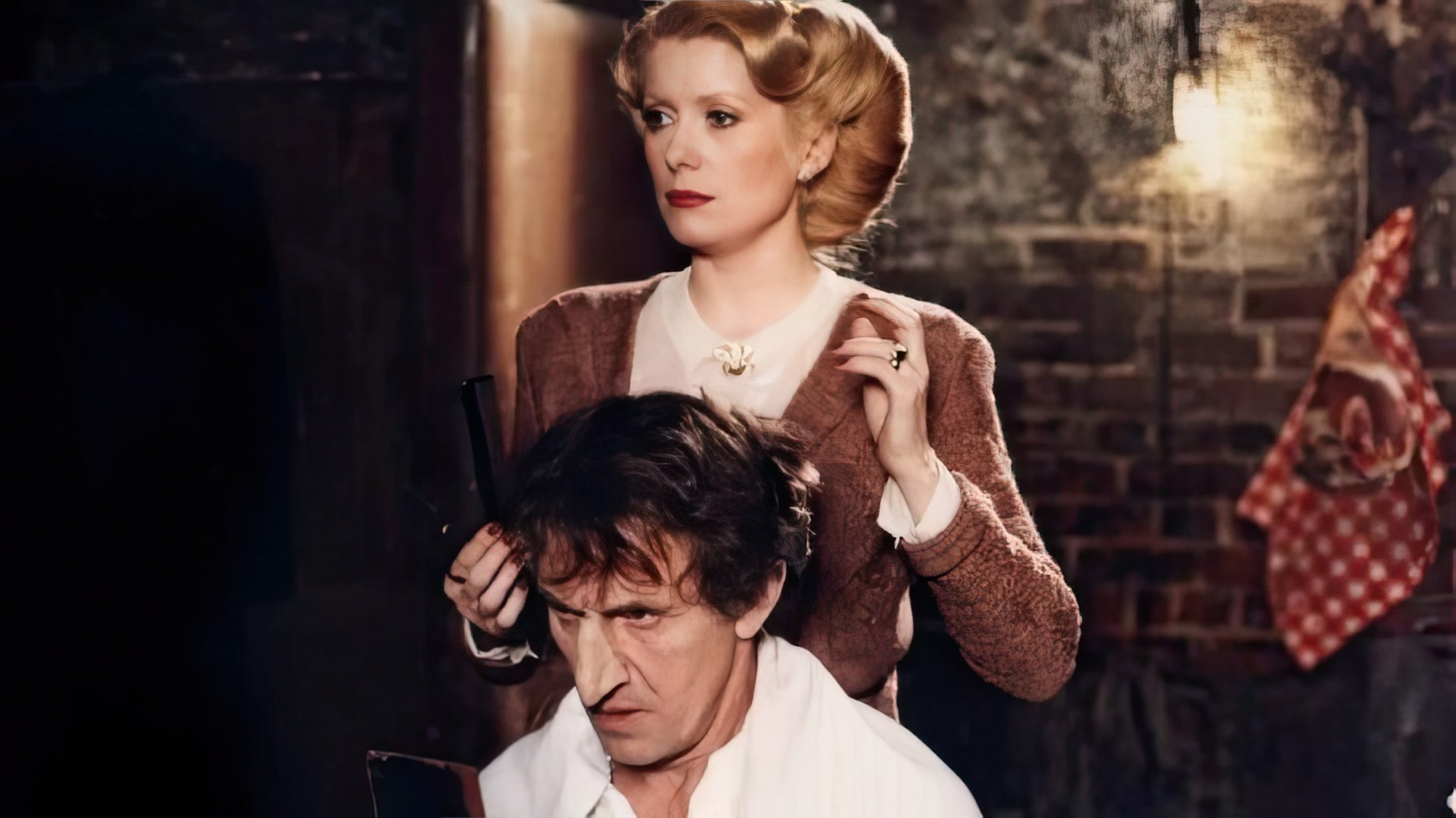
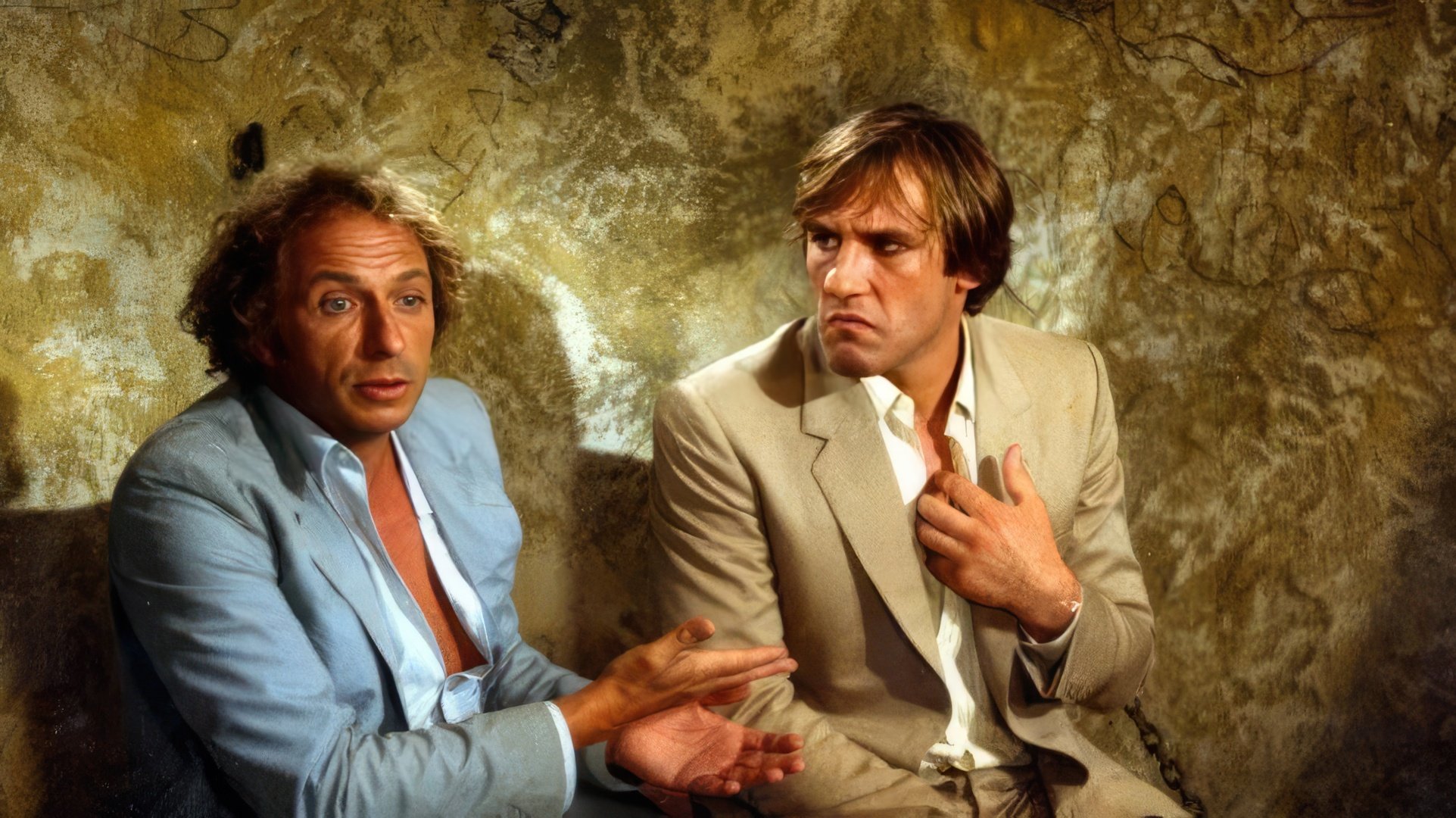
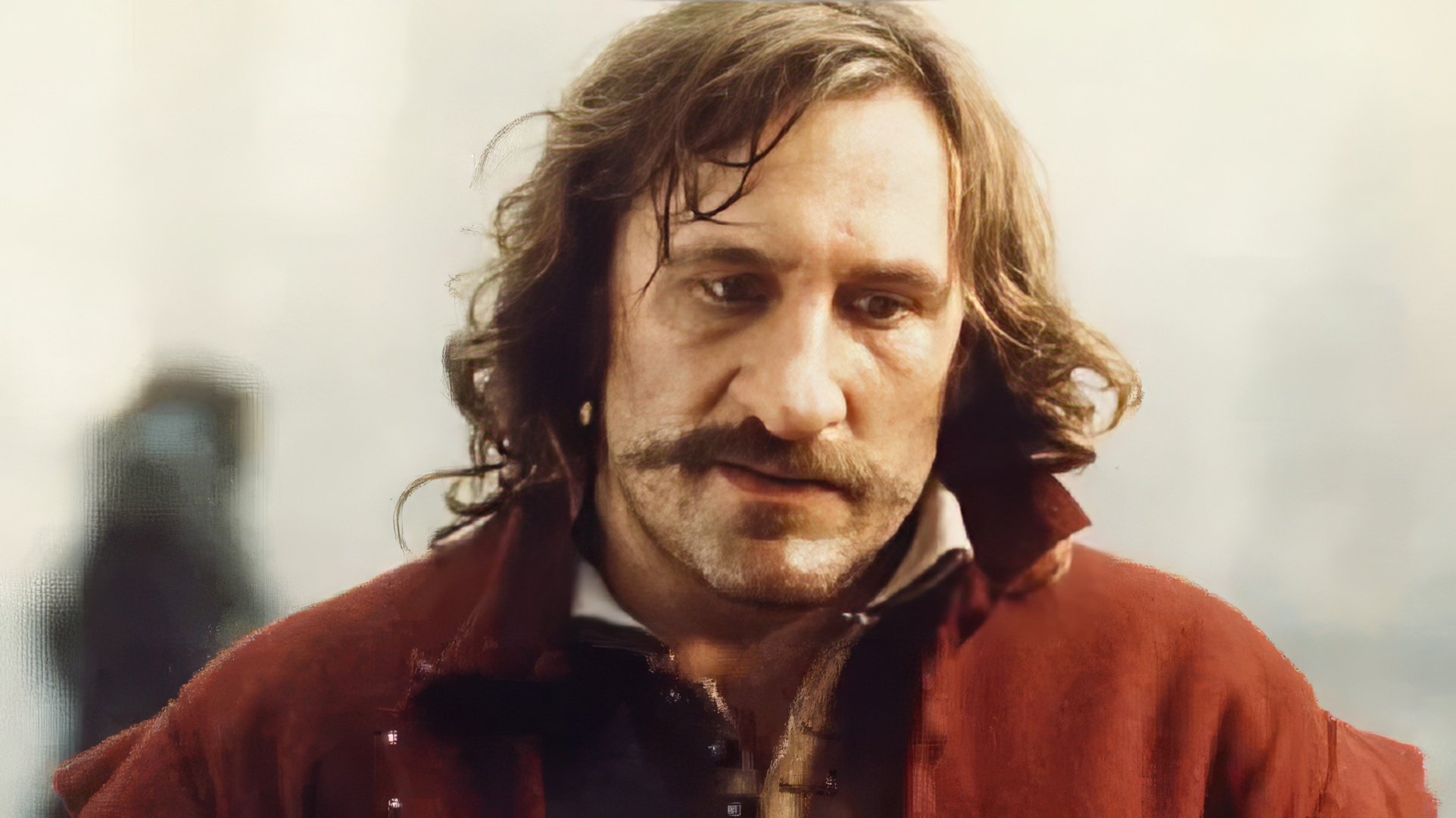
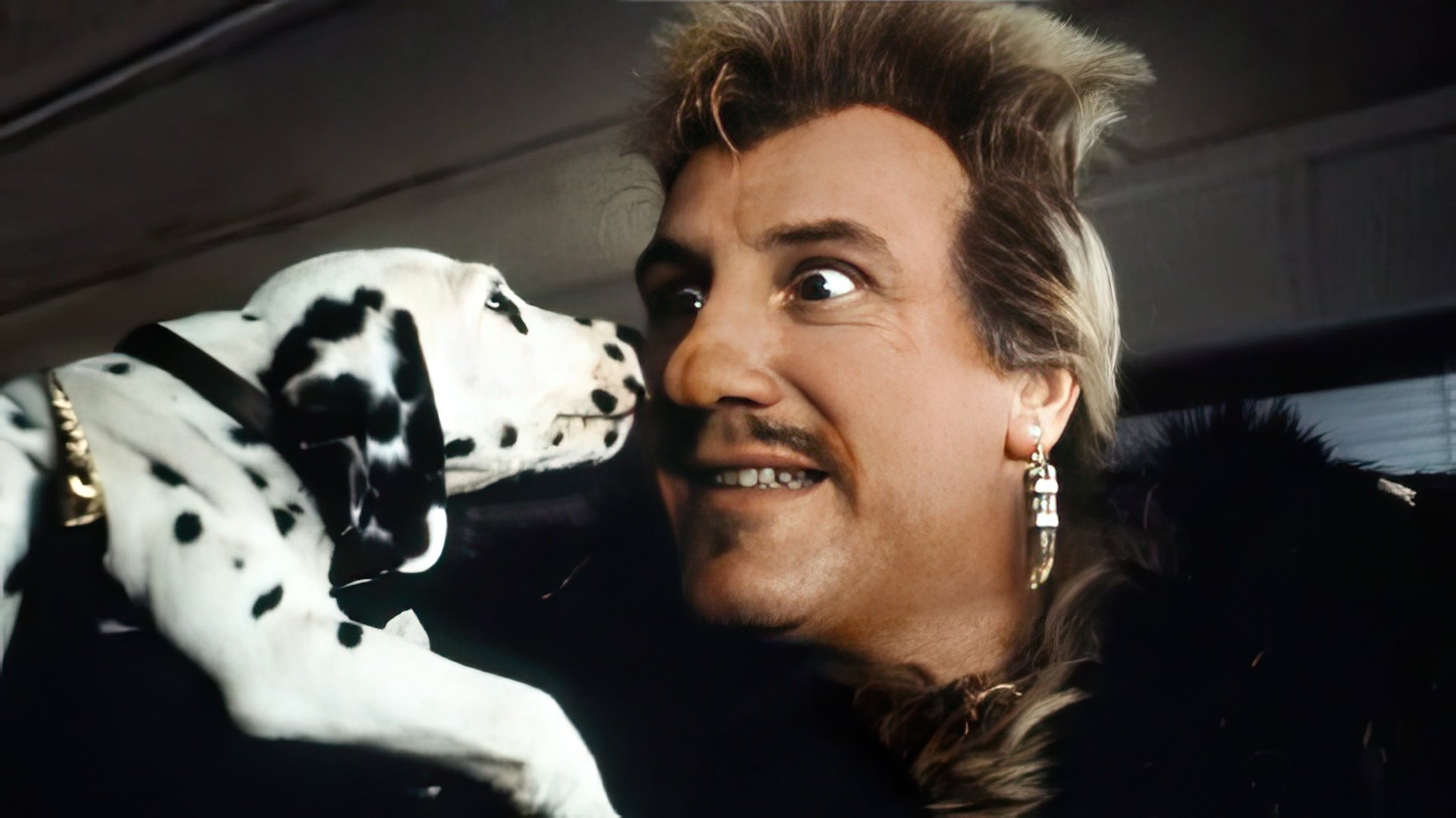
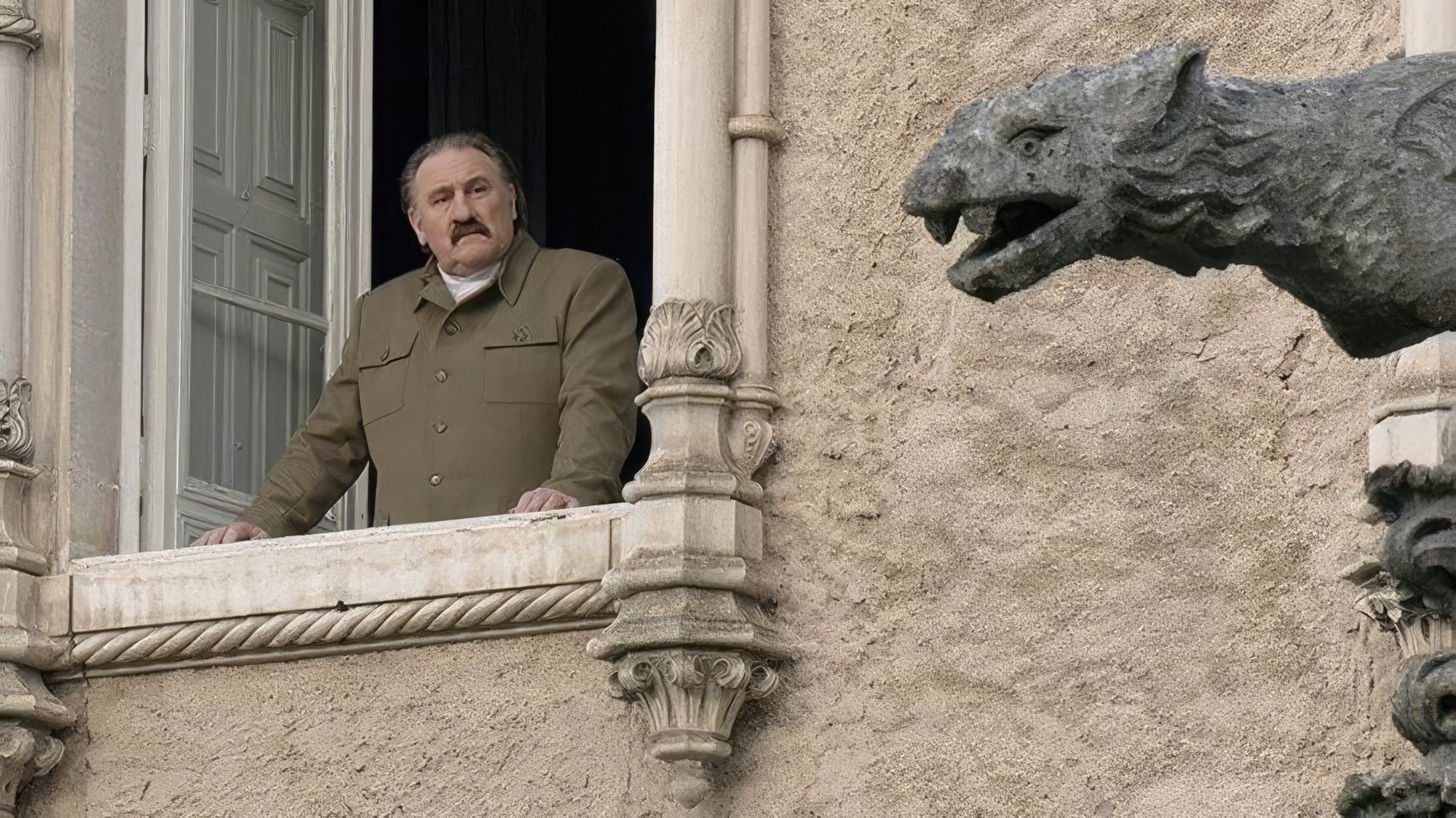
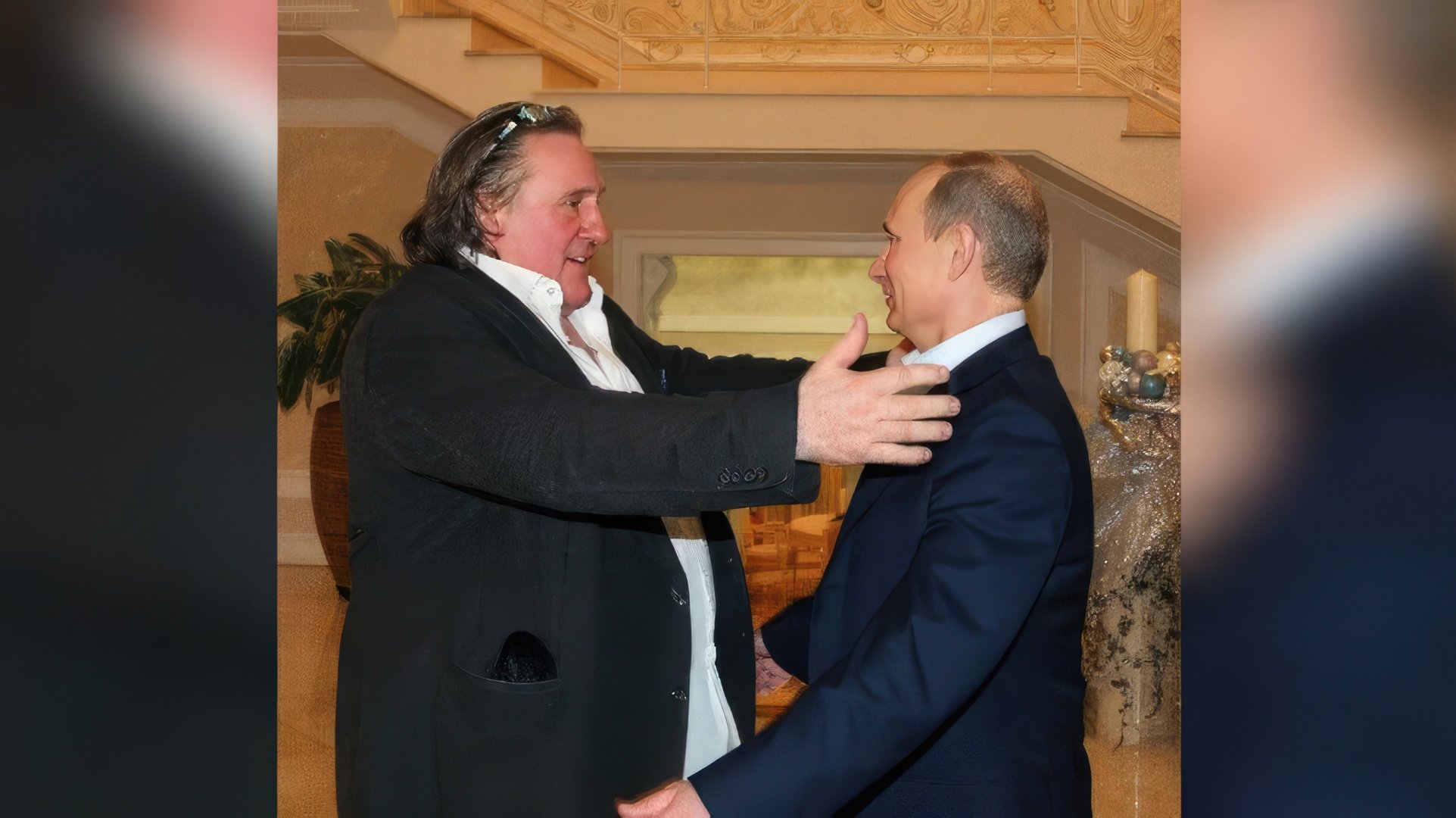
Russian Citizenship
In December 2012, Gérard Depardieu relocated to Belgium to dodge France's wealth tax. Soon after, he gave up his French citizenship. Depardieu said, "I am a citizen of the world, not of France."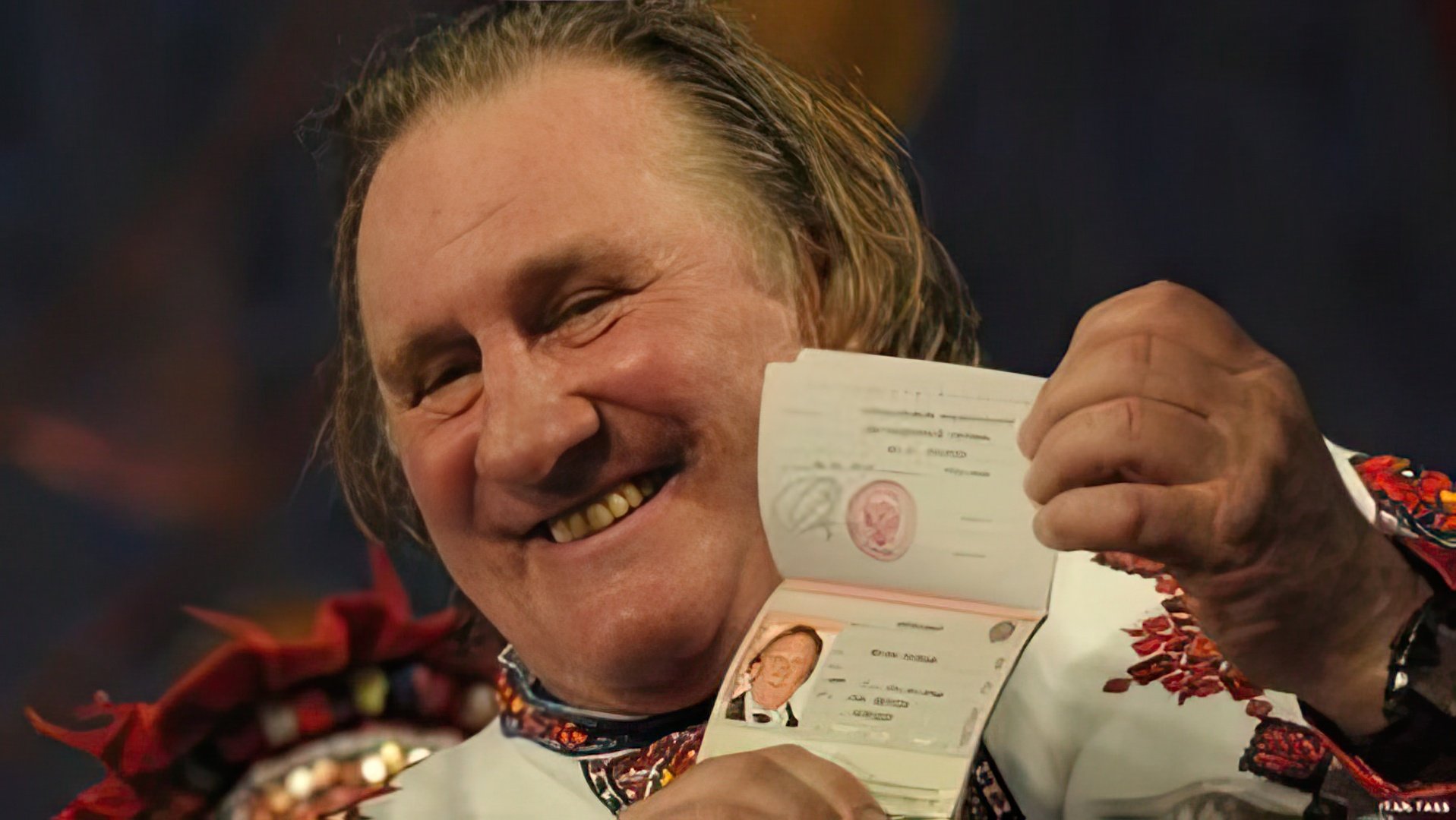
With his new Russian passport in hand, Gérard traveled to Mordovia, where officials offered him the role of regional Minister of Culture plus his pick of either an apartment or private house. Ultimately, the actor registered in the city of Saransk, on Demokraticheskaya Street.I love your country, Russia, your people, your history, your writers. I like making films here, working with actors like Vladimir Mashkov. I adore your culture and your way of thinking. My father was a communist and listened to Radio Moscow! This is also part of my culture… I really love your President Vladimir Putin, and it's mutual… Russia is a great democracy, not a country where the Prime Minister could call a citizen 'pathetic.'
Personal Life of Gérard Depardieu
From age 10, Gérard—who looked older than his years—sold sexual services to men, as he candidly revealed in his autobiography "It Happened Like That." He also wrote about robbing 1968 student protesters and helping adults loot graves for shoes and valuables from corpses.Despite his wild past and controversial film roles, Gérard was a devoted family man for years. At twenty, he met Élisabeth Guignot, a girl from an aristocratic Grenoble family, during a class with Coche. She was engaged to an artist at the time. But Depardieu courted Élisabeth with all the passion and awkwardness of a country boy. Years later, he'd call their meeting "a collision of two opposite worlds."At 20, a thief raged inside me. I robbed some clients. I beat them and took all their money.
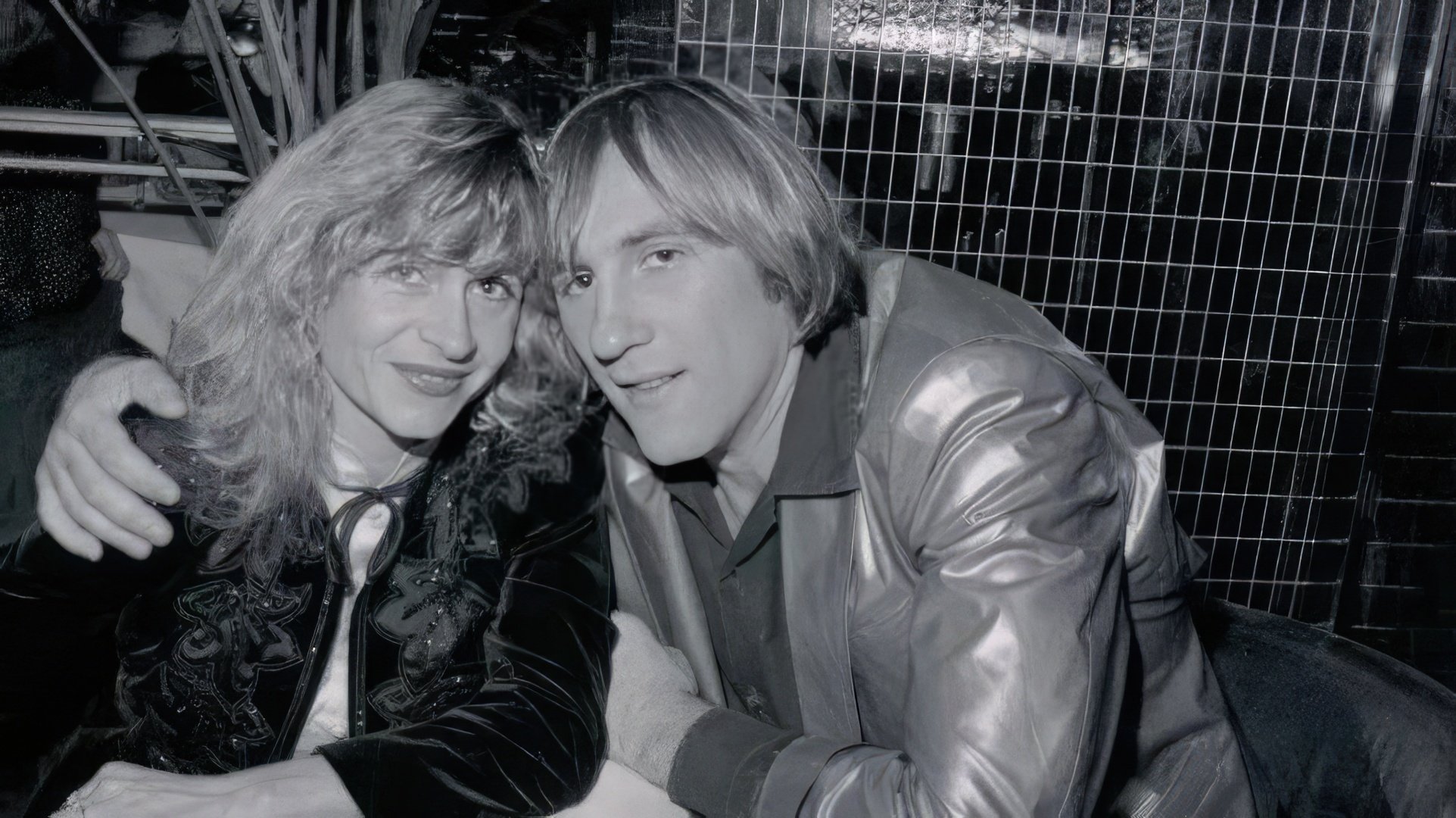
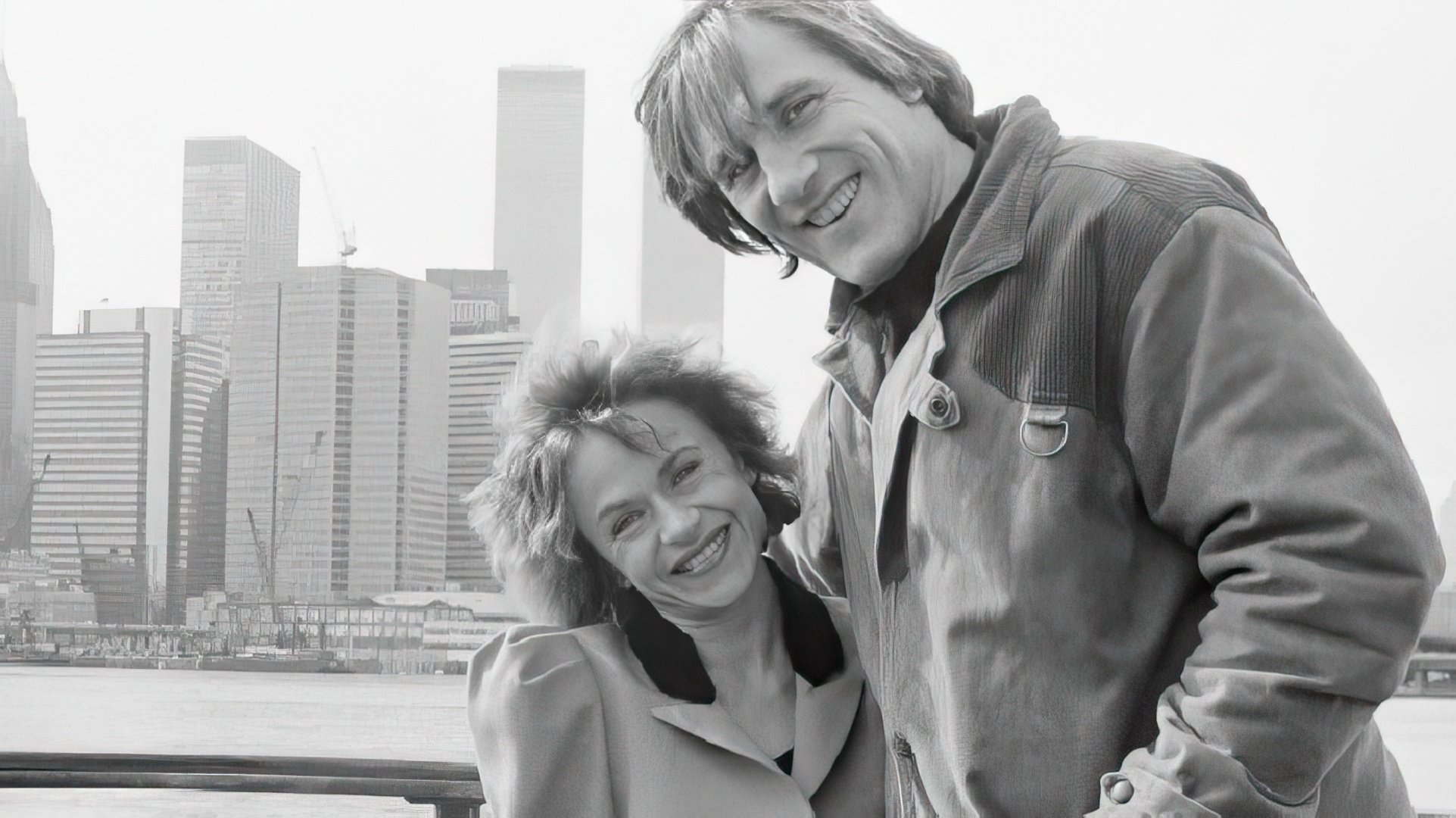
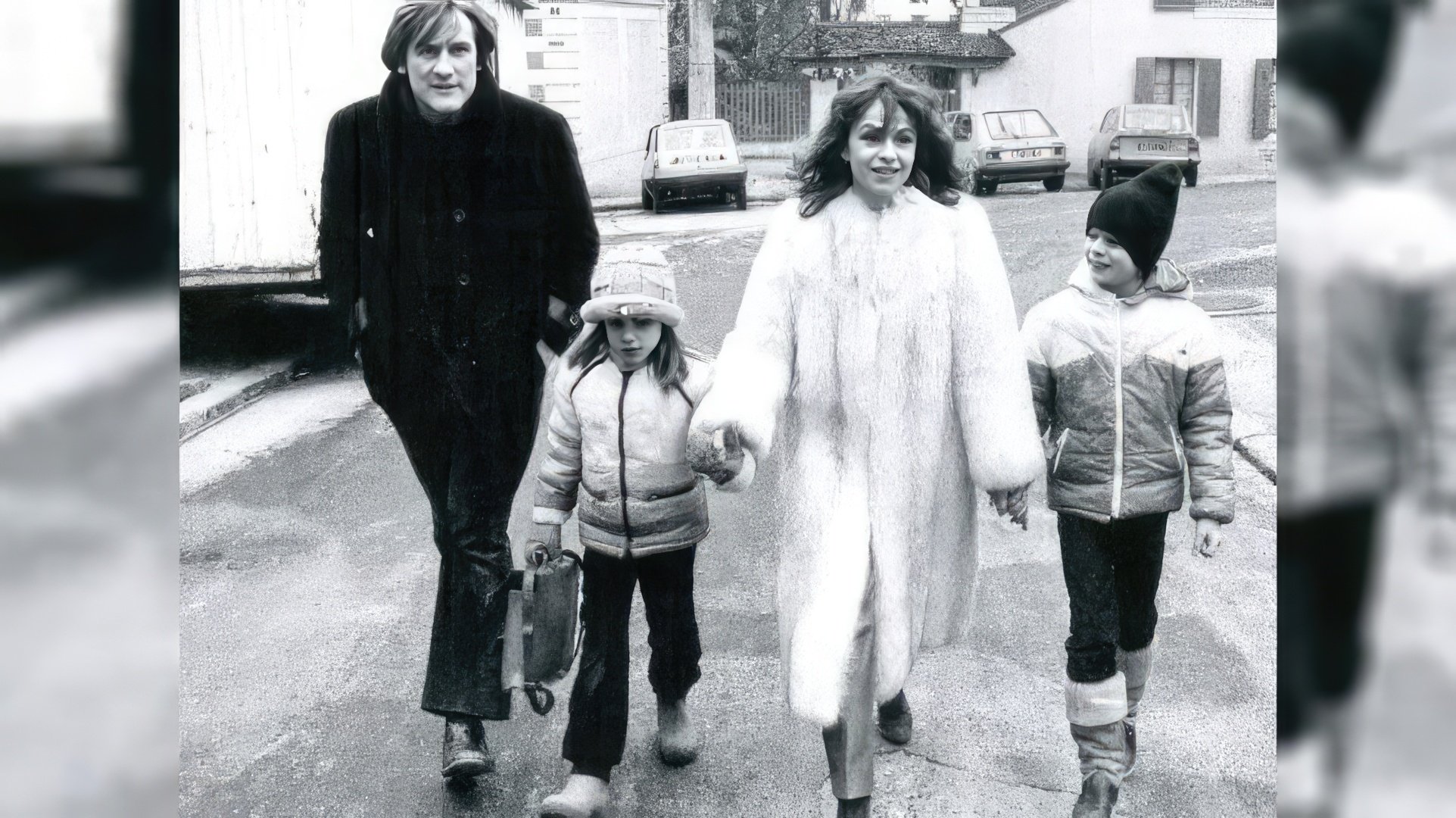
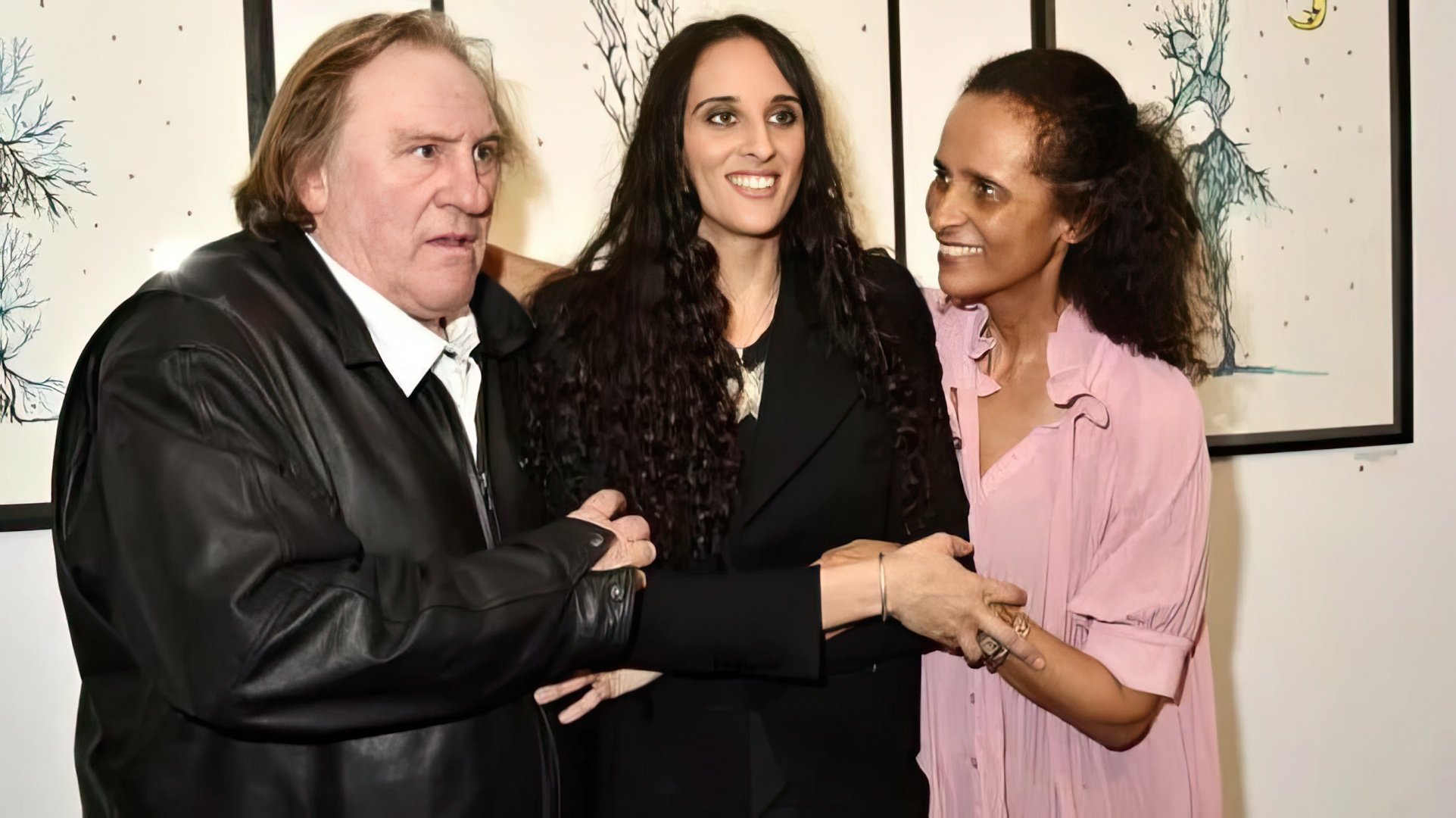
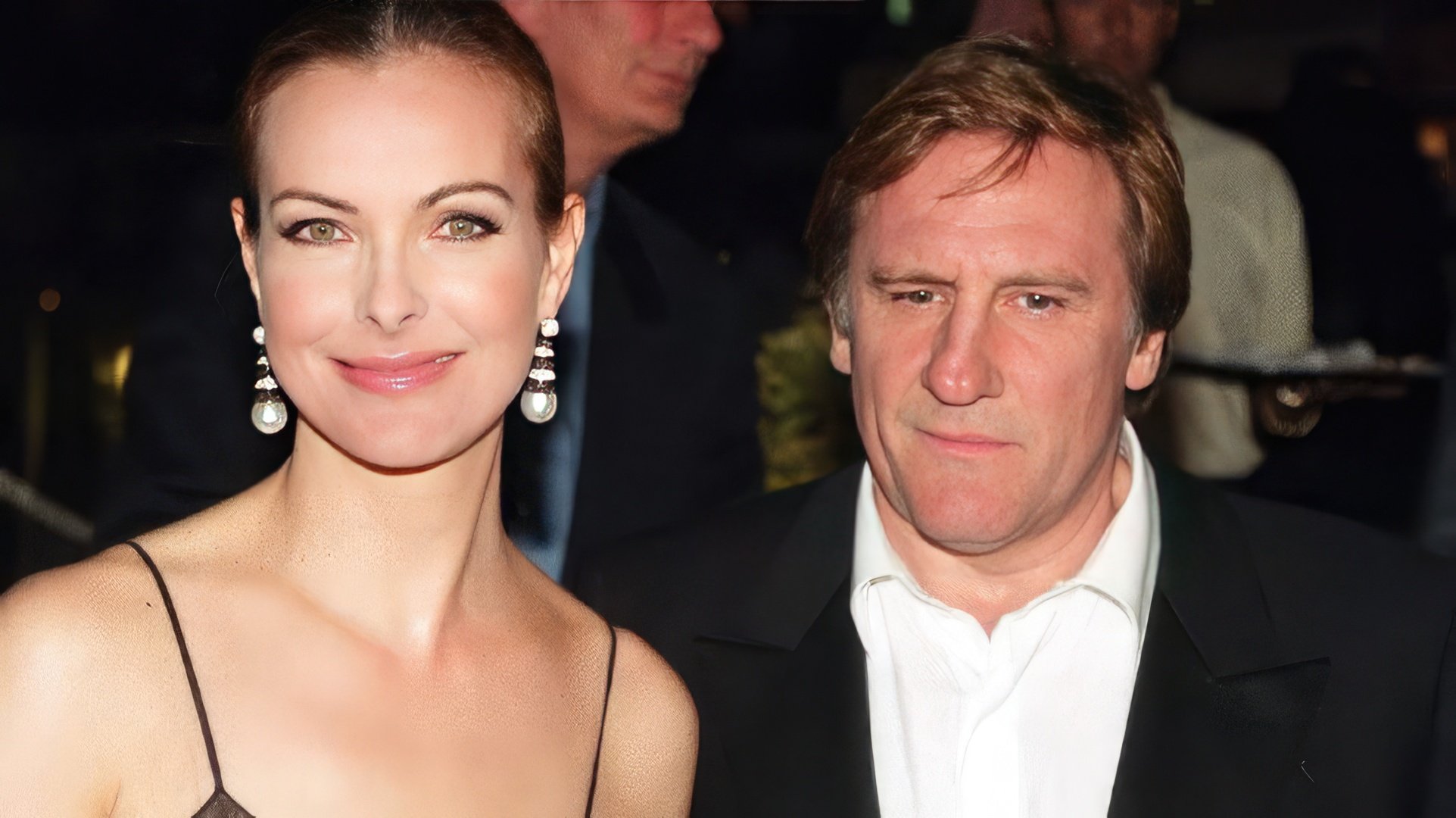
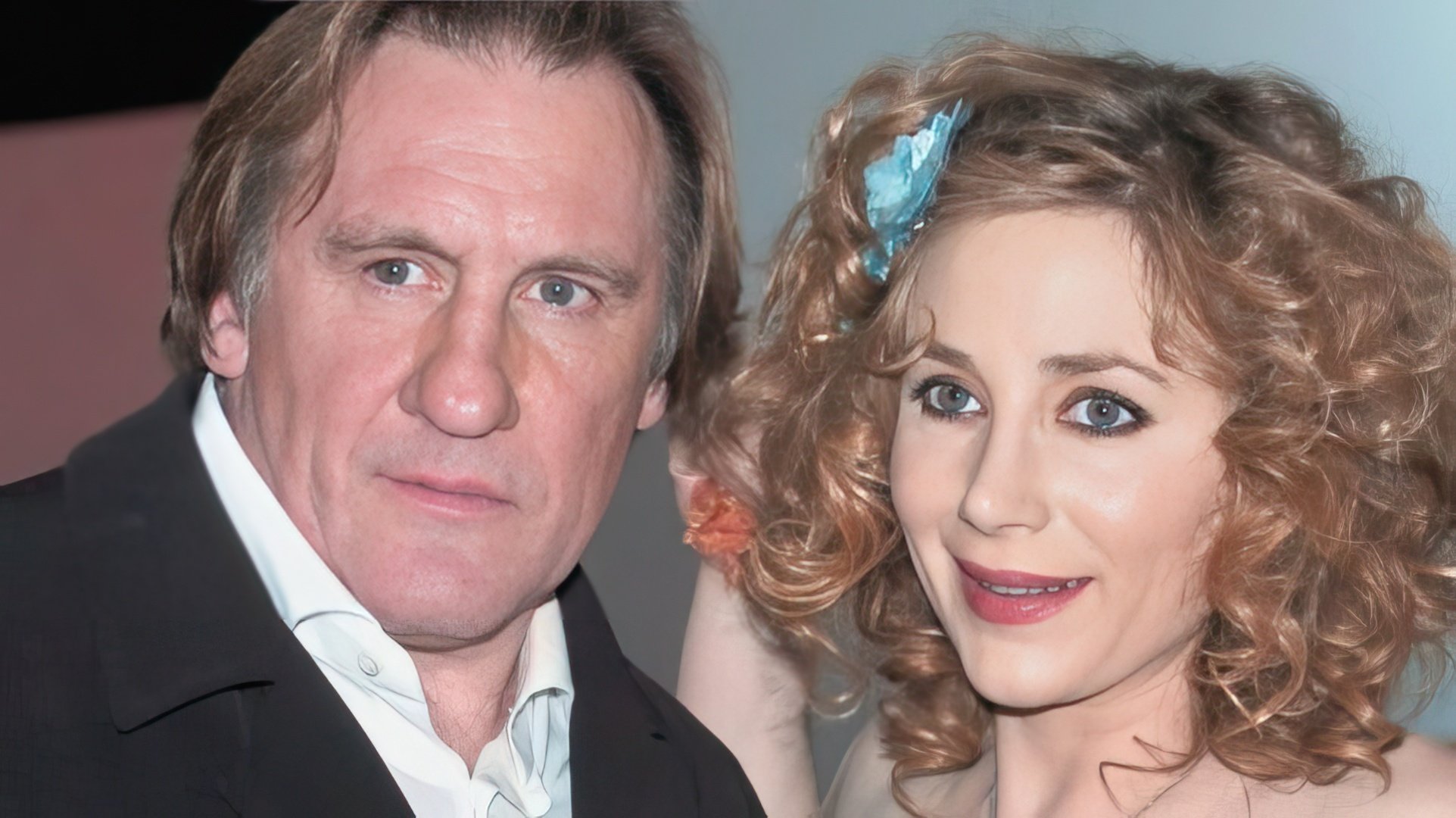
Gérard Depardieu Now
In 2021, the actor found himself particularly challenged by COVID-19 pandemic restrictions. As someone who considers himself a citizen of the world, he thrives on traveling freely between countries. But Depardieu wasn't about to sit idle. Teaming up with his friend Mathieu Sapin (a director and designer), he started developing an adult animated series tentatively called "Depardieu seul le sait" ("Only Depardieu Knows!") French media reports that production house Toon Factory will bring the project to life.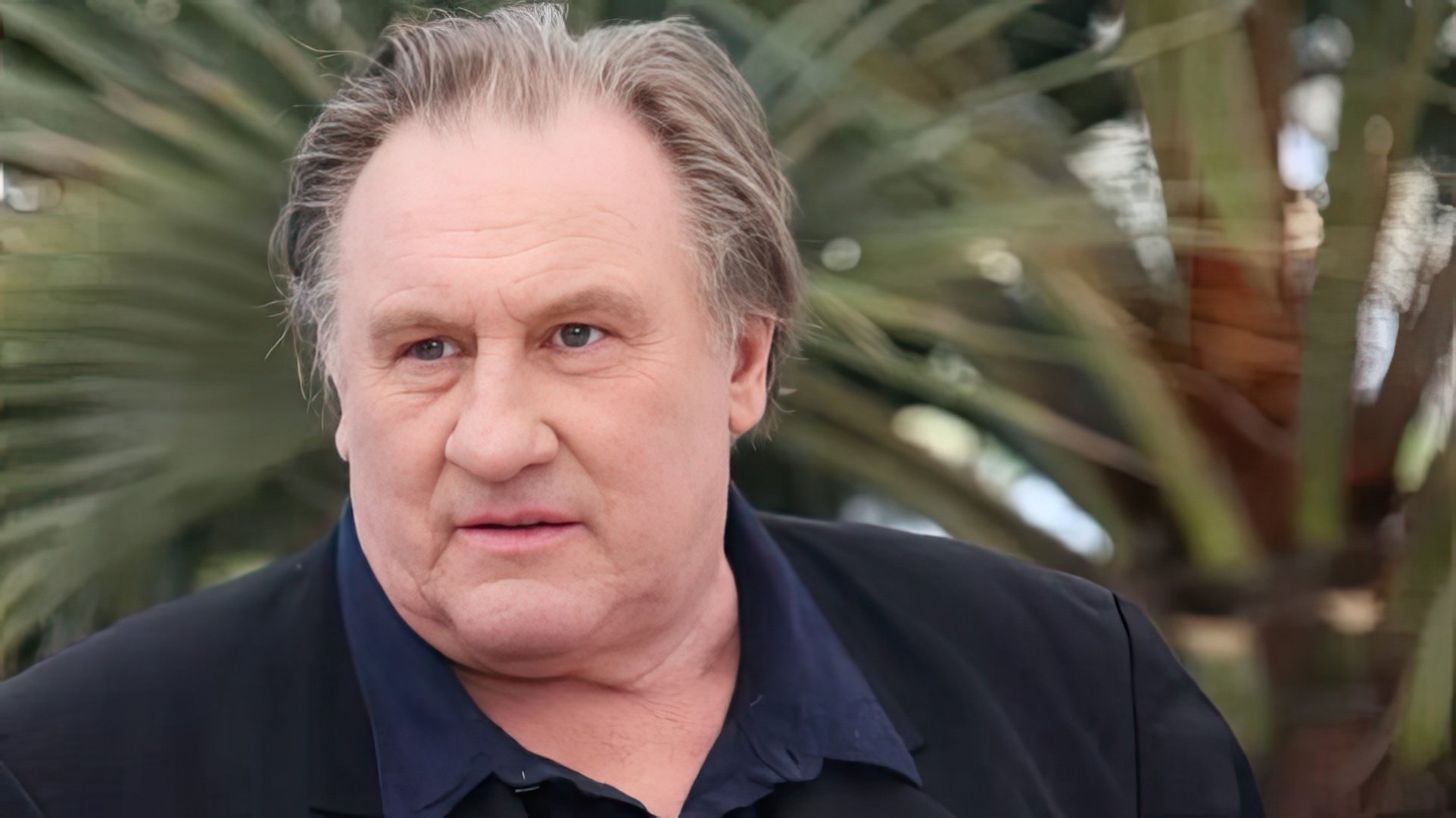
Rape Allegations
In a 1978 interview, Depardieu admitted to repeatedly committing acts of sexual violence starting when he was just nine years old. When pressed about how many times he had raped women, the actor responded:The story came back into the spotlight in a 1991 Time magazine piece. Depardieu's representatives claimed the publication mistranslated his comments, insisting he meant he had witnessed rapes, not committed them.Too many to count... There was nothing wrong with it. The girls wanted to be raped. I mean, rape doesn't exist. It's a situation they want to be in.
In 2018, actress Charlotte Arnould—daughter of a close Depardieu friend—accused the actor of raping her twice, on August 7 and 13, 2018. An investigation was launched but turned up no evidence, leading to the case being closed after nine months. Arnould filed another complaint, and in October 2020, authorities reopened the case with Depardieu under investigation.
More accusers began coming forward to the media. By April 2023, 13 women had come forward, prompting Depardieu to finally address the allegations in an open letter published in satirical magazine FigaroVox. He insisted he was too well-mannered to harm a woman and maintained that his encounter with Arnould was consensual:
In late 2023, journalist Ruth Basa became another accuser, alleging harassment by Depardieu. She alleged that during a 1995 interview when she was 23, the intoxicated actor touched her inappropriately, kissed her, and then raped her.A woman came to my house for the first time, walked lightly up to my room of her own free will. Now she says she was raped there. She came back a second time. There was never any coercion, violence, or protest between us.
In December 2023, Emmanuelle Debever—who had accused Depardieu of harassment during a 1982 film shoot—died by suicide on the same day as the premiere of documentary "Depardieu: The Fall of the Ogre," which chronicled the actor's alleged misconduct. The documentary featured interviews with four women who accused Depardieu of harassment.
Following the premiere, French film industry figures including Sophie Marceau, Muriel Robin, and Swann Arlaud declared they would no longer work with Depardieu. But many colleagues, including Pierre Richard, rallied to his defense, dismissing the accusations as a "witch hunt."
On April 29, 2024, police took Gérard Depardieu into custody. He was brought in for questioning. "Gérard Depardieu was summoned Monday morning and placed in police custody on sexual violence charges," multiple French outlets reported. Reports indicated Depardieu could face up to 15 years behind bars. The actor was released shortly after, but in August, the Paris prosecutor's office filed charges and pushed for the case to go to trial.
Found an error? Select the text and press Ctrl+Enter
Error in the text? Select it — a send button will appear
Publication Details
